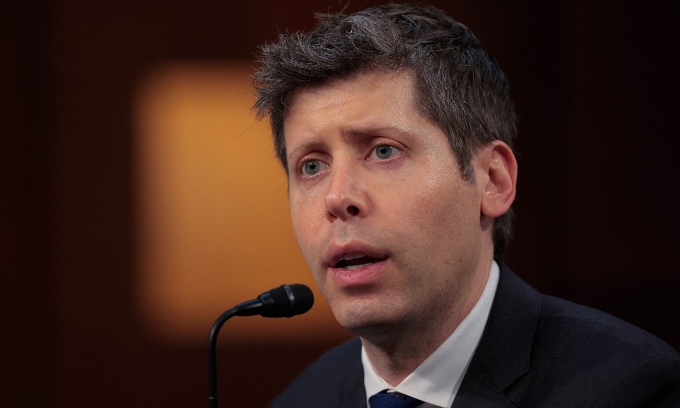“I already think college is, like, maybe not working great for most people but I think if you fast forward 18 years it’s going to look like a very very different thing,” Altman said while reflecting on how AI is reshaping education on the “This Past Weekend” podcast, as quoted by Fortune magazine.
In the interview, released last Thursday, Altman suggested future generations will be raised alongside technologies like AI and will never experience a world where products and services are not smarter than them.
That shift will change education, he said, adding that his own children would “probably not” go to college.
Altman’s view on the traditional college path echoes growing concerns about the value of a college degree, especially as young graduates face a tougher job market and a record number of workers now hold four-year degrees, making it a less distinctive advantage.
In March, 5.8% of college graduates aged 22 to 27 in the U.S. were unemployed, the highest rate since 2012, excluding the Covid-19 pandemic. The gap between that and the national average was the widest in over three decades, according to AP.
Notably, young men with degrees are unemployed at the same rate as those without, the Financial Times reported earlier in July, citing monthly U.S. employment data.
Altman, who dropped out of Stanford University in 2005, has consistently played down the risk of his choice. Speaking to students at his former high school, John Burroughs School in Missouri, he recalled that the decision “seemed like a really fun thing to try” and said he could always go back if it did not work out.
“That’s the key to most risk, is most things are not a one-way door,” he said at the event held last September, as quoted by CNBC. “You can try something, it doesn’t work out, you can undo it, you can do something else.”
Altman stressed the importance of embracing the right risks rather than avoiding them. “The risky thing is to not go try the things that might really work out,” he said before urging young people to consider alternatives to the traditional college path, which he described as “quite challenged” and likely to be further disrupted by AI.
Altman co-founded OpenAI with Elon Musk and others, rising to global prominence after the 2022 launch of ChatGPT. In March, the company raised $40 billion in a fundraising round that valued it at $300 billion, making it one of the best-funded private start-ups in the world.
Altman does not directly own equity in OpenAI and had an estimated net worth of $1.9 billion as of July 29, according to Forbes.

